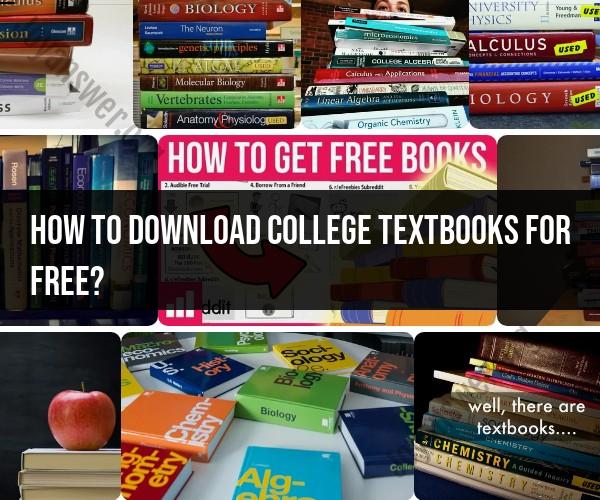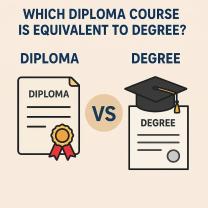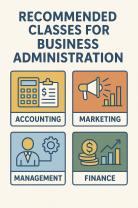How to download college textbooks for free?
Downloading college textbooks for free without proper authorization or through illegal means can potentially infringe on copyright laws and may not be ethically or legally appropriate. Instead, there are legal and ethical ways to access and save money on college textbooks. Here are some options:
Open Educational Resources (OER):
- Many educators and institutions provide free and open educational resources that can serve as textbook alternatives. These materials are typically licensed for free use and often cover a wide range of subjects. Websites like OpenStax, MIT OpenCourseWare, and OER Commons offer free textbooks and course materials.
Library Resources:
- Check with your college or university library. They often have textbooks available for borrowing or may offer digital copies through their website. Additionally, many public libraries provide access to digital textbooks through platforms like OverDrive.
Project Gutenberg:
- Project Gutenberg offers over 60,000 free eBooks, including many classic texts that may be required reading for college courses.
Online Textbook Retailers:
- Some online retailers offer digital textbooks for free or at a reduced cost. Websites like Bookboon and Free-eBooks.net provide access to free educational materials.
Google Books:
- Google Books has a vast collection of books, including textbooks. While not all textbooks are available for free, you can often preview parts of the book or access older editions.
Amazon Kindle and eTextbooks:
- Amazon offers a selection of free and discounted eTextbooks for Kindle. You can also rent or purchase digital textbooks at a lower cost than print versions.
Online Forums and Communities:
- Some online communities and forums share resources and links to free or low-cost textbooks. Websites like Reddit and Facebook groups related to college textbooks may provide useful leads.
Student Discounts and Book Swaps:
- Investigate student discounts offered by textbook retailers and look for opportunities to buy or swap textbooks with other students. You may also find digital versions available at a reduced cost.
Course Material Websites:
- Some courses have dedicated websites or platforms where instructors share course materials, including digital textbooks. Check with your professors to see if they provide free resources.
Government and Nonprofit Initiatives:
- Some government agencies and nonprofit organizations support initiatives to make educational materials more affordable. For example, the Affordable College Textbook Act in the United States aims to reduce the cost of college textbooks.
Remember that downloading copyrighted textbooks without proper authorization is illegal and can have serious consequences. It's essential to support authors, publishers, and educational institutions by purchasing or accessing textbooks through legitimate channels. Additionally, the availability of free or low-cost textbooks may vary by region and institution, so check with your college or university for specific resources and recommendations.
What are legal and ethical ways to access college textbooks for free?
There are a number of legal and ethical ways to access college textbooks for free. Some of these options include:
- Check your library: Many libraries have college textbooks that students can check out for free.
- Use open educational resources (OERs): OERs are high-quality, openly licensed educational materials that are free to use, adapt, and share. There are a number of websites that offer OERs, including the Open Textbook Network and the OpenStax College website.
- Ask your professor: Some professors may be willing to provide students with free or discounted copies of textbooks, or they may be able to recommend alternative resources.
- Participate in a textbook lending program: Some schools and organizations offer textbook lending programs that allow students to borrow textbooks for free.
Are there open educational resources (OERs) for college textbooks?
Yes, there are a number of OERs available for college textbooks. Some popular OERs include:
- OpenStax College: OpenStax College offers a wide range of free, high-quality textbooks for college courses.
- Boundless: Boundless offers a variety of free, online textbooks for college courses.
- LibreTexts: LibreTexts is a library of open educational resources for college courses.
- OER Commons: OER Commons is a searchable database of open educational resources.
How to find free or discounted digital versions of college textbooks?
There are a number of ways to find free or discounted digital versions of college textbooks. Some options include:
- Check your school's bookstore: Some school bookstores offer digital versions of textbooks at a discount.
- Search online retailers: Online retailers such as Amazon and Barnes & Noble often offer discounts on digital textbooks.
- Use a textbook comparison website: Textbook comparison websites such as Chegg and BookFinder allow you to compare prices on textbooks from different retailers.
What are the risks of downloading college textbooks from unofficial sources?
There are a number of risks associated with downloading college textbooks from unofficial sources, including:
- Malware: Unofficial sources may contain malware that can infect your computer.
- Viruses: Unofficial sources may contain viruses that can damage your computer files.
- Piracy: Downloading textbooks from unofficial sources is copyright infringement.
How can students collaborate to share textbook costs or resources?
There are a number of ways for students to collaborate to share textbook costs or resources. Some options include:
- Form a study group: Studying with other students can help you to share resources and save money on textbooks.
- Start a textbook lending program: Students can start a textbook lending program within their school or community.
- Use a textbook exchange website: Textbook exchange websites allow students to buy and sell used textbooks.
Conclusion
There are a number of legal and ethical ways to access college textbooks for free or at a discounted price. Students should consider all of their options before purchasing textbooks.













